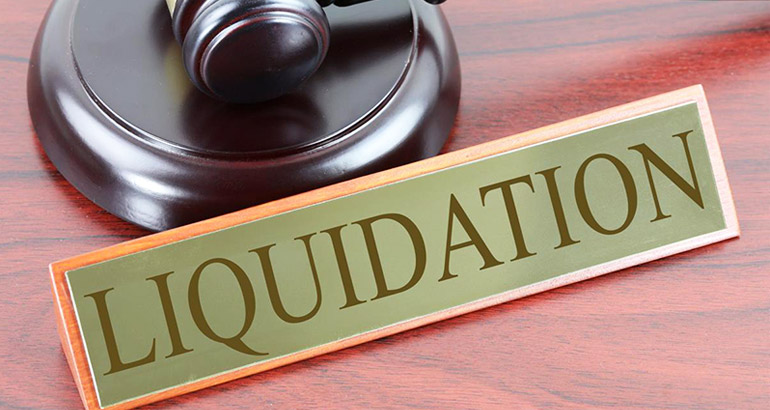Can I liquidate my company on my own?Can I liquidate my company on my own?

If you are facing financial difficulties and expect that insolvency is not far away, you may be considering liquidation.
For the vast majority of people, liquidation of a company is not something that they go through on a regular basis and you may be unsure as to what the precise process is.
Your best option is to contact a professional insolvency expert as soon as possible as they will be able to guide you through the entire process and advise you on the most sensible route to take.
There are many different reasons why you may wish to liquidate, with insolvency being the most common, but voluntary liquidation prior to retirement or liquidation to avoid further legal issues also being reasonably common.
Unfortunately, it is not possible to liquidate your own company by yourself, and company liquidation must legally be conducted by a Licensed Insolvency Practitioner.
How much does liquidation cost?
There is no set cost of liquidation and the amount that must be paid will depend on a number of factors including debts owed, the number of creditors, assets that can be sold, and any premises that must be vacated.
In most cases, these costs are funded through the sale of the company’s assets but in situations where such assets do not exist, there are a couple of other options available.
If you are debt free, the process is relatively simple. Simply file to have your company dissolved by submitting a DS01 form to Companies house and wait for approval.
If your company does have debts, however, and you have no assets to sell, dissolution is extremely unlikely to be approved and if voluntary liquidation is impossible creditors will have to be appointed.
By inviting creditors to issue a winding up petition against your company the company will be wound up in Court following investigative hearings where the directors will have to answer questions from the Official Receiver as to why the company has been wound up.
What are your liquidation options?
There are 3 main methods of liquidation that are common in the UK.
The winding up of a company in court is known as Compulsory Liquidation where a creditor who the company cannot afford to pay forces you to Court where liquidation will be enforced.
This should be avoided if possible and the other 2 forms of liquidation are preferable.
These are Creditors’ Voluntary Liquidation (CVL) and Members’ Voluntary Liquidation (MVL).
Creditors’ Voluntary Liquidation is used when a company cannot afford to pay their liabilities and is insolvent. Rather than going to court, this form of liquidation involves cooperation between directors and creditors.
Members’ voluntary liquidation on the other hand is used when the company is solvent and even thriving, but the directors no longer wish to operate it and choose to close it down.
How to choose the correct liquidation process
By far the easiest way to guide your company through the choppy waters of liquidation is to contact an insolvency expert who will analyse your situation and advise on the most suitable way forward.
Before you enter the process of Liquidating a business in the first place, asking yourself a few simple questions will help you to determine if you are making the right decision and what is the best way to proceed.
These include:
- Does your company have any debts?
- Are creditors threatening legal action?
- Do your fellow directors wish to liquidate the company?
- Will creditors accept renegotiated repayment terms to help the company survive?
- Is any cash flow problem permanent or will it be resolved in the near future?
- Is your company solvent?
Some of these questions may be easy to answer whilst some may not have a definitive answer.
Either way, they are difficult questions to face, especially at a time when you may be coming to terms with the reality that your dream business simply isn’t going to work as well as you expected.
To help take some of the emotion out of the situation and take a practical logical approach to the liquidation process, consult with an Insolvency Practitioner.
They are the experts and will have dealt with hundreds of similar companies in the past. They will help the entire process to run as smoothly as possible and act as a middleman between directors and creditors to help ease pressure and hopefully find a less stressful resolution.
Can I start a new business after liquidation?
Yes. As long as you do not use a similar name you are allowed to start a new business following liquidation.
Depending on the nature of the situation, however, you may find that it is difficult to secure a loan for your new business and HMRC may require you to provide a security deposit.